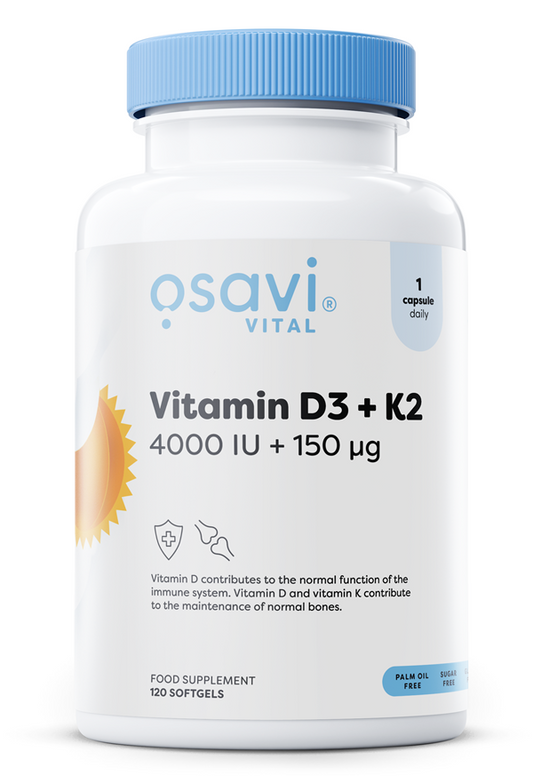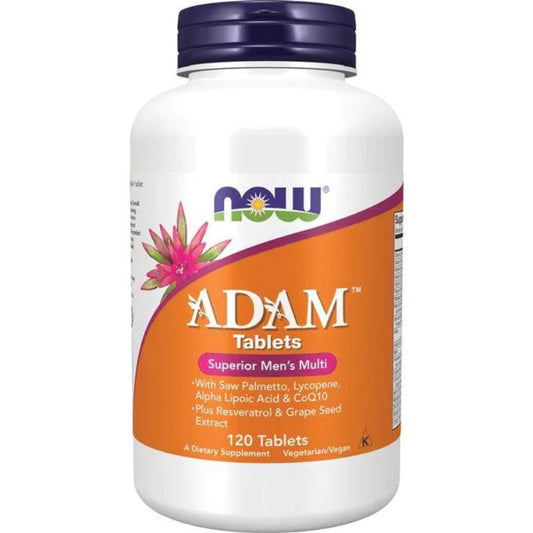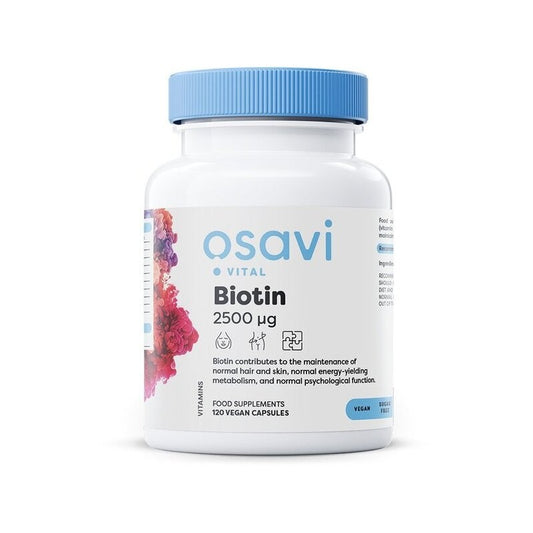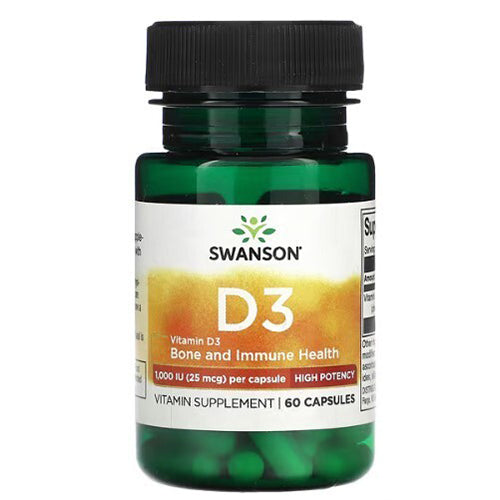
Why Sleep Quality Matters More Than Sleep Quantity
Jakub SkibaYou might be going to bed on time, sleeping a full eight hours, and still waking up tired. If that sounds familiar, you’re not alone. Millions of people struggle with fatigue even after what seems like a “full night’s rest.” But the problem often isn’t how long you sleep—it’s how well you sleep. Quality sleep is what allows your brain and body to truly recover. Without it, even eight or nine hours can leave you feeling groggy, irritable, or mentally foggy the next day.
Restful sleep is more than simply closing your eyes for a set number of hours. It’s about cycling through the essential stages of sleep—light, deep, and REM—multiple times throughout the night. Each stage has a purpose: deep sleep restores your body, while REM sleep supports memory, learning, and emotional balance. Disruptions caused by stress, blue light exposure, caffeine, poor diet, or an uncomfortable environment can interrupt these cycles and prevent full restoration. Over time, poor sleep quality affects more than just energy—it can influence mood, focus, immune function, and even hormone balance.
Understanding what impacts your sleep quality is the first step toward better rest. Let’s look at the common reasons you might wake up feeling tired, and how small lifestyle, environmental, and nutritional changes can help you wake up refreshed and energized.
What Is Restful Sleep?
Not all sleep is created equal. Restful sleep means your body moves smoothly through each sleep stage, allowing muscles, brain cells, and hormones to reset. When sleep is fragmented—because of noise, temperature shifts, or stress—you lose the deeper stages that provide true recovery.
Common Causes of Poor Sleep Quality
Environmental Disruptions
Even small changes in your surroundings can impact how deeply you sleep. Light exposure, noise, room temperature, and even screen use before bed all play a role.
Tips to improve sleep environment:
-
Keep your bedroom cool, dark, and quiet.
-
Avoid bright screens and devices at least 1 hour before bed.
-
Try blackout curtains or a white-noise machine if external noise is an issue.
-
Stick to a consistent bedtime—even on weekends—to support your natural rhythm.
Nutrient and supplement support:
-
Magnesium helps relax muscles and calm the nervous system.
-
Melatonin may help reset your sleep-wake cycle if you struggle with falling asleep.
Nutrient Deficiencies That Affect Sleep and Energy
Your body relies on vitamins and minerals to regulate neurotransmitters, hormones, and cellular energy. A deficiency in key nutrients can cause tiredness even after a full night’s rest.
Key nutrients to support sleep and recovery:
-
Vitamin B12: Supports energy production and brain function.
-
Iron: Prevents fatigue linked to low oxygen transport.
-
Vitamin D: Helps regulate circadian rhythm and supports mood balance.
-
Magnesium: Essential for muscle relaxation and stress regulation.
Dietary tip: Include leafy greens, eggs, lean meats, fish, nuts, seeds, and fortified foods in your daily meals. If your diet is limited, talk to your healthcare provider about supplement options.
Stress and Mental Overload
Chronic stress is one of the biggest enemies of restful sleep. When stress hormones like cortisol remain high into the night, your body stays in “alert mode,” making it harder to reach deep, restorative sleep.
Ways to reduce stress-related sleep issues:
-
Practice gentle breathing or mindfulness before bed.
-
Create a relaxing nighttime routine—reading, stretching, or journaling.
-
Keep your bedroom a calm, screen-free zone.
Supportive nutrients and herbs:
-
Adaptogens (like ashwagandha or rhodiola) help the body adapt to stress.
-
L-theanine (from green tea) promotes calm without drowsiness.
Lifestyle and Habits That Interfere with Sleep
Caffeine, alcohol, and irregular sleep patterns can disrupt the balance of your internal clock. Stimulants may help you stay alert temporarily but interfere with nighttime rest.
Healthy sleep habits to adopt:
-
Limit caffeine after 2 p.m.
-
Stay hydrated during the day.
-
Get morning sunlight to reinforce your circadian rhythm.
-
Reserve your bed for sleep and relaxation only.
Natural energy supporters for better daytime alertness:
-
CoQ10: Supports cellular energy production.
-
B-complex vitamins: Help your body convert food into energy efficiently.










